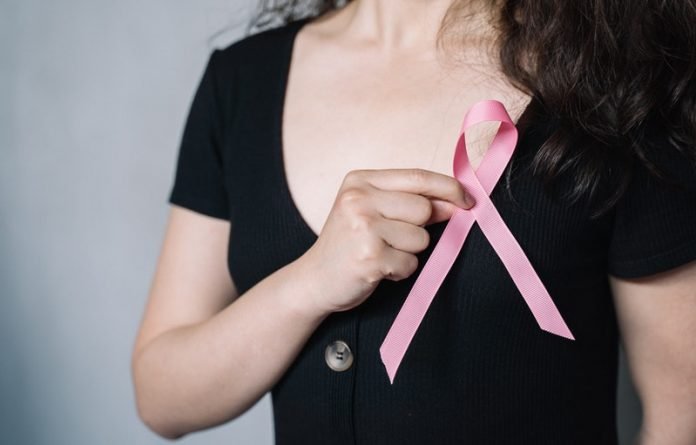
Scientists from ETH Zurich and elsewhere found breast cancer spreads at night.
The research is published in the journal Nature and was conducted by Nicola Aceto et al.
Breast cancer is one of the most common forms of cancer, according to the World Health Organization (WHO). Each year, around 2.3 million people worldwide contract the disease.
If doctors detect breast cancer early enough, patients usually respond well to treatment. However, things become much more difficult if cancer has already metastasized.
Metastasis occurs when circulating cancer cells break away from the original tumor, travel through the body via blood vessels, and form new tumors in other organs.
To date, cancer research has not paid much attention to the question of when tumors shed metastatic cells. Researchers previously assumed that tumors release such cells continuously.
In the study, the team comes to a surprising conclusion: circulating cancer cells that later form metastases mainly arise during the sleep phase of the affected individuals.
They tested 30 female cancer patients and mouse models and found that the tumor generates more circulating cells when the organism is asleep.
Cells that leave the tumor at night also divide more quickly and therefore have a higher potential to form metastases, compared to circulating cells that leave the tumor during the day.
The research shows that the escape of circulating cancer cells from the original tumor is controlled by hormones such as melatonin, which determine our rhythms of day and night.
In addition, the study found that the time in which tumor or blood samples are taken for diagnosis may influence the findings of oncologists.
The scientists were surprised to find that samples taken at different times of the day had very different levels of circulating cancer cells.
Another clue was the surprisingly high number of cancer cells found per unit of blood in mice compared to humans.
The reason was that as nocturnal animals, mice sleep during the day, which is when scientists collect most of their samples.
The team says these findings may suggest the need for doctors to systematically record the time at which they perform biopsies. It may help to make the data truly comparable.
If you care about women’s health, please read studies about common beverage that may increase death risk in breast cancer, and as seasons change, so should diet for breast cancer survivors.
For more information about women’s health, please see recent studies about drug that may fight hard-to-treat breast cancers, and results showing that healthy levels of vitamin D may boost breast cancer outcomes.
Copyright © 2022 Knowridge Science Report. All rights reserved.



